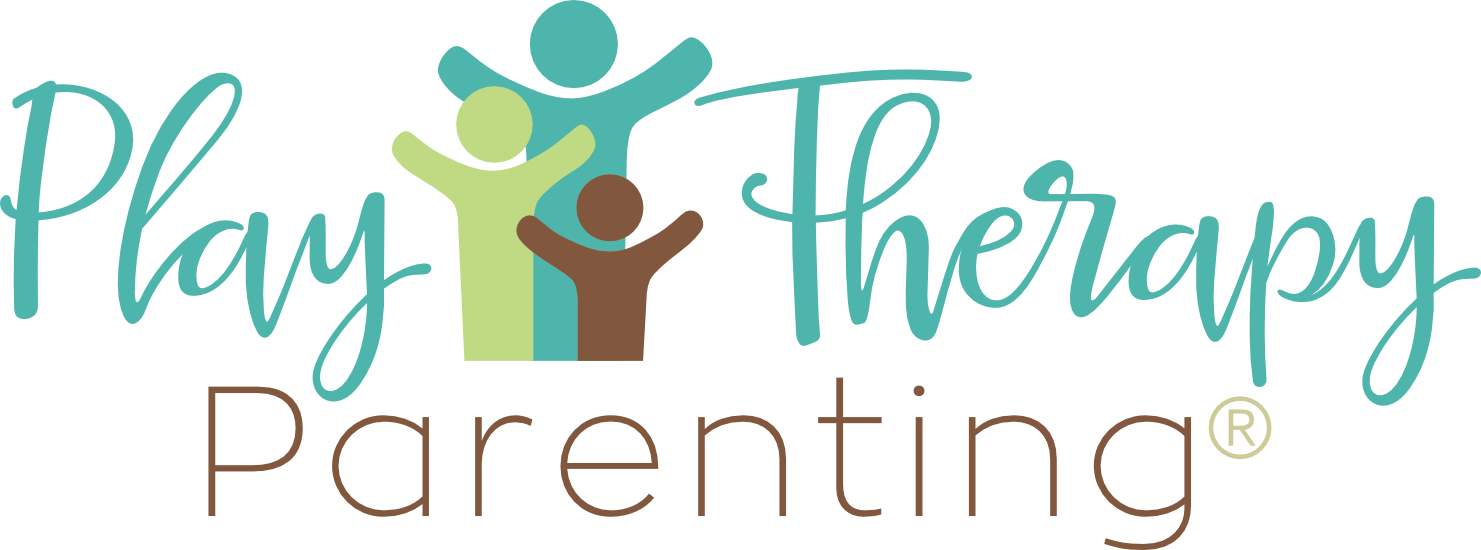S2E14 – Encouragement: The Easiest and Most Effective Parenting Tool You Can Use Every Day
Ask Me Questions: Call (813) 812-5525, or email: [email protected]
Podcast HQ: https://www.playtherapyparenting.com/
My Newsletter Signup: https://www.playtherapyparenting.com/newsletter/
My Podcast Partner, Gabb Wireless: https://www.playtherapyparenting.com/gabb/
The Power of Encouragement in Parenting: Building Your Child’s Self-Esteem and Reducing Power Struggles
Welcome to the Play Therapy Parenting Podcast, where I, Dr. Brenna Hicks, share insights, awareness, and enlightenment about your parenting and your relationship with your kids. In today’s episode, we’ll be discussing the final of the four pillars and how you can practically apply these pillars at home with your children.
The Difference Between Praise and Encouragement
When it comes to the fourth pillar, encouragement, it’s essential to understand the difference between praise and encouragement. Praise often involves using value-laden words that have opposites, such as “good” (opposite: bad) or “awesome” (opposite: awful). In contrast, encouragement focuses on empowering your child, building their self-esteem, and helping them feel a sense of control over their circumstances.
The Benefits of Encouragement
When you consistently encourage your children, they are less likely to fight for power and control because they know they are being given a measure of power and control through your encouragement. As they reflect on their own efforts and accomplishments, they develop a sense of pride and empowerment, leading to a self-fulfilling prophecy: “I’m proud of myself. I worked hard. I didn’t give up.”
Implementing Encouragement in Your Daily Parenting
To ensure that you are encouraging rather than praising, start your statements with the word “you” followed by the effort they contributed. For example:
“You didn’t give up.”
“You kept trying.”
“You figured it out.”
“You did it.”
“You got it.”
“You have a plan.”
“You know what to do.”
Notice that these statements are not about your opinion, evaluation, or thoughts; they are solely focused on your child and their efforts. Children provide countless opportunities throughout the day for you to encourage them, whether they are learning to ride a bike without training wheels, completing homework despite frustration, doing chores when asked, or running in baseball practice until exhaustion.
The Impact of Encouragement on Self-Reflection and Self-Concept
When you use encouragement, you allow your child to self-reflect. Instead of simply hearing that you think they did a good job, they are forced to evaluate themselves: “Did I keep going? Did I persevere? Did I not give up? Did I continue until it was over?” This self-reflection helps develop their self-esteem and self-concept.
A child’s self-concept is developed based on what others communicate to them. By aligning your encouragement with your child’s truth and experience, you help them develop a healthy and accurate self-concept. They internalize messages like:
“I’m a child that doesn’t give up.”
“I’m a child that keeps going until I figure something out.”
“I can problem-solve.”
“I have tenacity.”
“I’m willing to do hard things.”
Encouragement removes your evaluation, expectation, and opinion from the equation, allowing your child to ponder and accept who they truly are.
Conclusion
This week, challenge yourself to encourage your children at every opportunity. Remember, they will provide you with numerous chances to do so throughout the day. By focusing on encouragement, you will help your children develop a healthy sense of identity, self-concept, and an understanding of their capabilities.
If you’re new to the Play Therapy Parenting Podcast, welcome! I encourage you to visit playtherapyparenting.com to sign up for my newsletter, access a video of my birth order workshop, and explore the episode archives for more valuable insights on child-centered play therapy principles and parenting.
Thank you for being a part of the Play Therapy Parenting Podcast family. Keep loving your kids and investing in your parenting – only good will come out of it.

